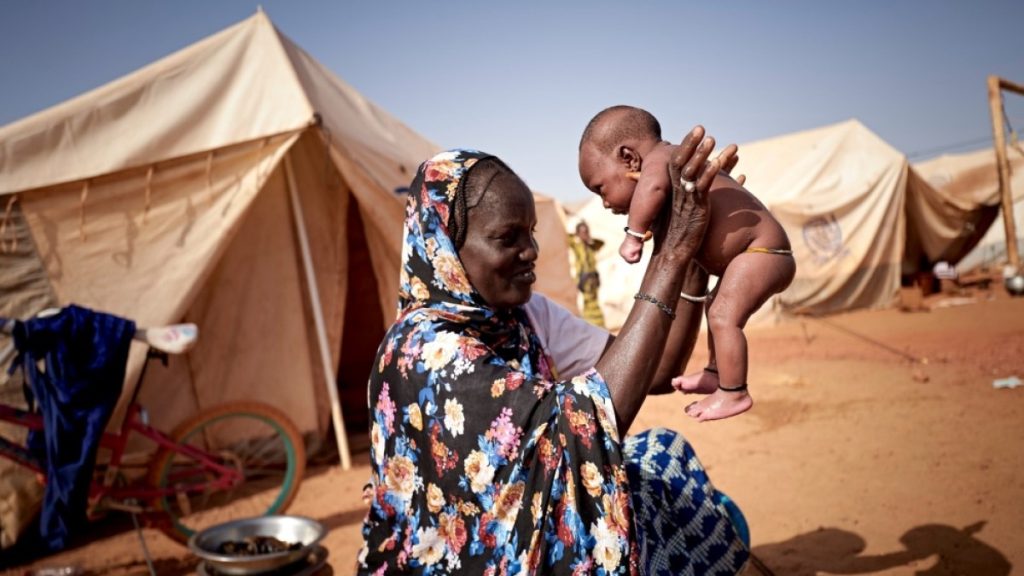Climate change is having devastating effects on the people of Mali, with rising temperatures and decreasing rainfall making it difficult for farmers to produce enough food to feed their families. In the small village of Safekora, farming has always been the primary source of income, but now villagers are resorting to cutting and selling trees to make ends meet, exacerbating the problem of desertification. Mali as a whole is suffering as a result of climate change, with a recent heatwave causing temperatures to soar to over 45 degrees Celsius and resulting in numerous deaths. In addition to climate change, Mali is also facing political instability, armed conflict, and economic struggles, creating a perfect storm of vulnerability for millions of people in need of humanitarian assistance.
In addition to the effects of climate change, Mali is also experiencing a humanitarian crisis due to political instability, armed conflict, and economic struggles. A large portion of the population is in need of urgent humanitarian assistance, with millions displaced, hungry, and fearful for the future. The national rate of severe acute malnutrition has risen to the highest level in a decade, with thousands of internally displaced people, especially children, in urgent need of nutritional care. Despite the increasing healthcare needs of the population, public health facilities in many regions are not fully functional, leading to difficulties in accessing healthcare for many people like Idrissa’s elderly mother.
Idrissa is one of the 355,000 internally displaced people in Mali, forced to flee his conflict-affected village due to increasing violence. He now lives in an overcrowded IDP camp with his family, struggling to put food on the table and provide for his ailing mother, who does not have easy access to medical care. Despite working as a security guard, Idrissa’s income is not enough to cover his family’s basic needs, let alone his mother’s medical bills. The deteriorating security situation, combined with the devastating effects of climate change on livelihoods, has left thousands of people in urgent need of medical treatment for various conditions, with public health facilities in many regions not fully functional due to insecurity and lack of resources.
As Mali faces a multifaceted humanitarian crisis, it is crucial for the international community to provide urgent assistance to alleviate the suffering of the people. Humanitarian organizations like Muslim Hands are working to mitigate the effects of climate change by providing sustainable livelihoods and opportunities for vulnerable families to build resilience. However, more support is needed from world leaders and international institutions to address the combined consequences of conflict and climate change in Mali. It is time for the world to pay attention to the plight of the people of Mali and provide the necessary assistance to help them overcome the challenges they are facing.


